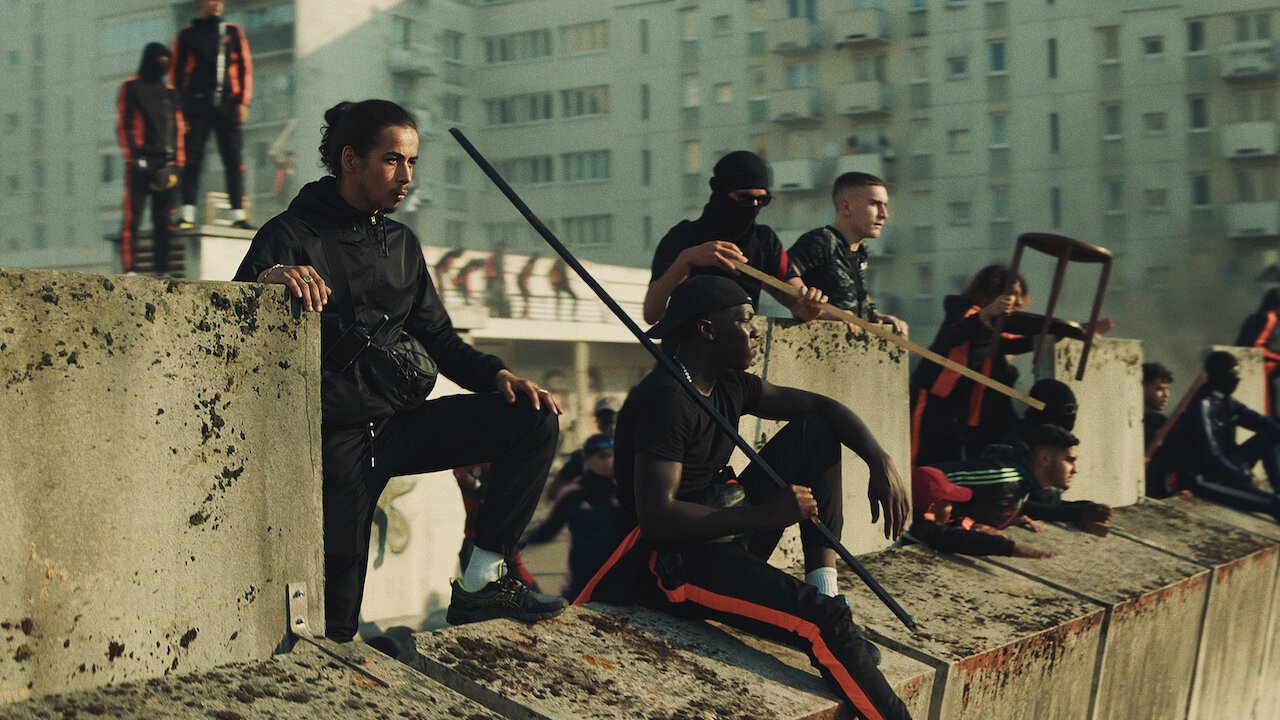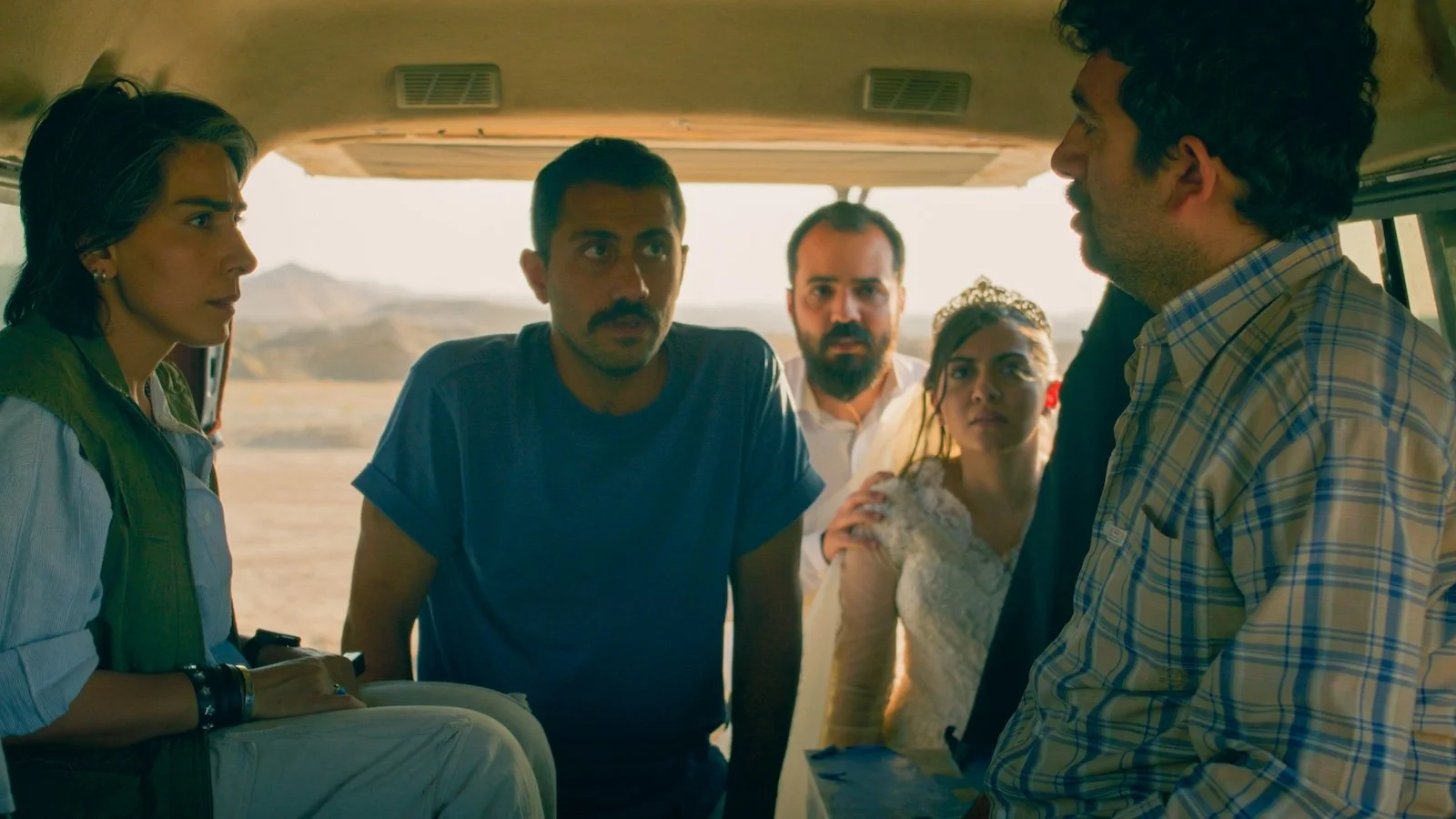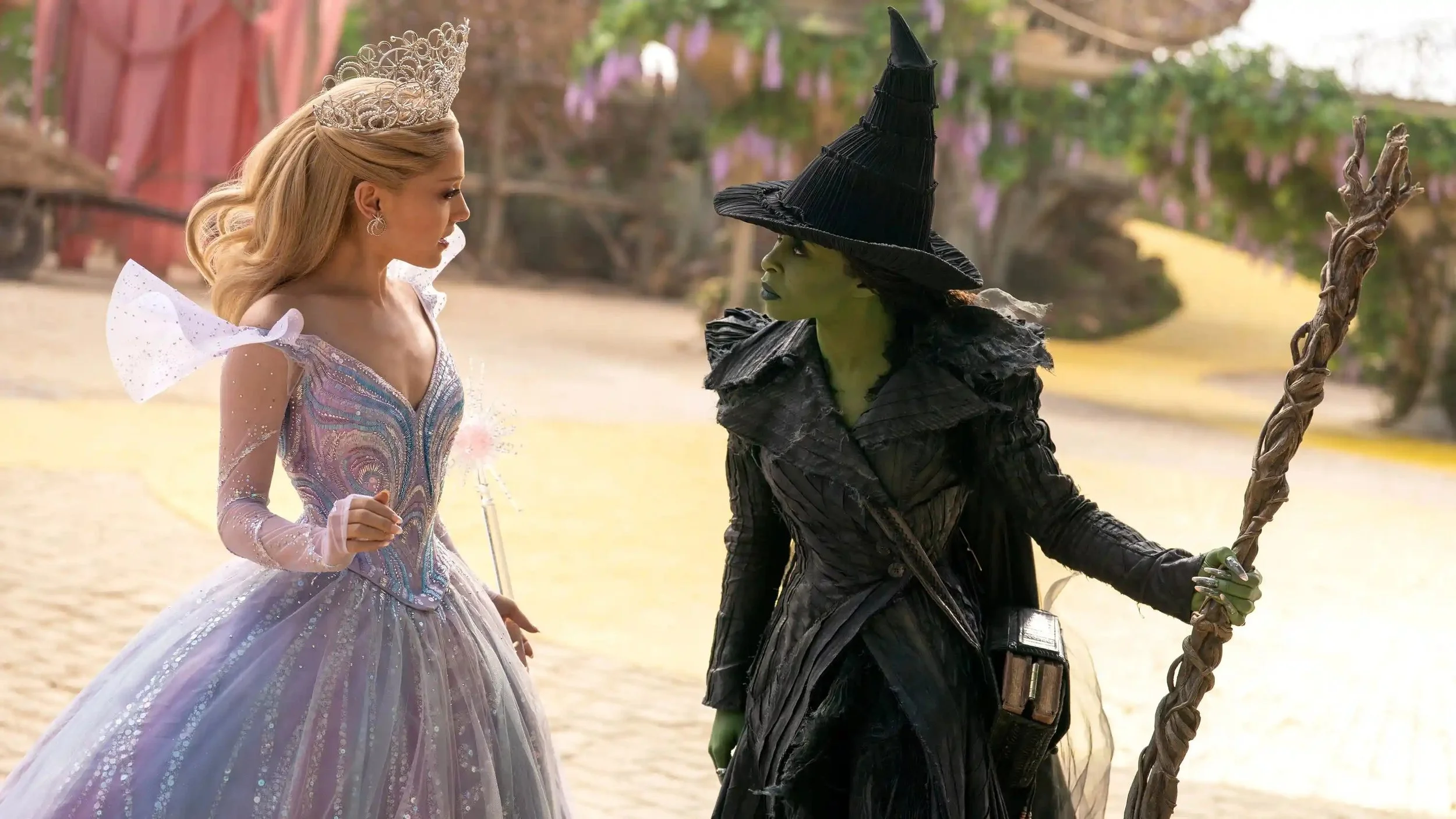Review: Athena (2022)
Romain Gavras’ Athena is the latest film to attempt a totalizing immersive visual approach. It wants to put you in the midst of a siege at a suburban apartment block in Paris and make you helpless to separate your own adrenaline, outrage, and terror from those of the characters. It’s largely successful at this. It’s exhilarating to watch. But you have to wonder whether the film is more of a technical triumph than an artistic one, as its ultimate statement is more muddled than the clarity of its formal approach.
To accomplish this immersive experience, Athena consists mostly of long, steadicam tracking shots with narrow focus that follow characters through the chaotic environment. The opening shot depicts a riot at a police press conference followed by a raid of a police station and the subsequent chase back to an apartment complex. It’s filmed and edited in such a way as to seem like one unbroken shot playing out in real-time. It’s a stunning technical achievement, not dissimilar from Sam Mendes’ 1917 and other ostentatiously visual films. But unlike that artificial World War I epic, the immersive approach seems more suited to the material here. Riots are chaotic and personal and now that we have livestreams and social media, you often see them portrayed in the media in the kind of first-person way that you do here, where the blur of fire and people and violence all come through on a human scale. As well, and here’s the key, the camera is almost always fixed to the characters in Athena. The film’s perspective is their perspective, so that the visual approach never feels like a gimmick, even if it’s a tad pretentious.
Athena follows three brothers: one a cop, Abdel (Dali Benssalah), one a crook, Moktar (Ouassini Embarek), and one an instigator of the rebellion in the apartment block, Karim (Sami Slimane). Their younger fourth brother, Idir, has been killed during a police confrontation before the film starts. The death leads to the press conference at a police station, where Karim instigates a riot and steals a locker full of weapons, taking it back to the apartment block to stand off against the police and demand the release of the names of the men who killed his brother. Abdel is sent in to try to calm the tensions between the young insurgents and the police, while Moktar holes up in a shisha bar in the apartment block to hide his illegal drugs and weapons.
The set-up between the brothers adds an operatic element to the film, one drawing on Greek tragedy and the mythic approach of using siblings as various parts of a single person. In essence, Gavras and his co-writers, Ladj Ly and Elias Belkeddar, present the three men as three sides of the French People, the blue, white, and red of the flag, if you will. You can see Moktar as the blue of liberté, Abdel as the white of égalité, and Karim as the red of fraternité. It is not a perfect analogy, but the idea of three brothers representing three sides of a nation defined by three colours and three concepts is too obvious not to mention. Furthermore, the idea of centering the film on a division between brothers adds to the thematic heft of the film’s political struggle being a struggle within a single family, the French Republic writ large.
The approach to the brothers is theatrical and metaphorical and leaves little room to investigate the characters as distinct individuals. It’s simplified, easy-to-follow, if a bit artificial, kind of like the formal approach to the material. You never get to know these men as people and not figureheads, but that almost doesn’t matter when they are used in such a metaphorical manner and treated as our windows onto this conflict as much as instigators of it.
The film is tied to these men, narratively and visually. Once the 12-minute opening scene finishes, Gavras and cinematographer Matias Boucard follow one of these men for most subsequent scenes. Their head—usually the back of it—dominates the foreground and we follow them as they move throughout the complex, trying to defuse or avoid or inflame the situation, depending on which one we’re following. They are our ferrymen through this vision of Hades that Gavras conjures in the apartment block.
At its best, the approach recalls the work of László Nemes, whose films Son of Saul and Sunset are among the most immersive and convincing cinematic visions of our recent past. The decision to restrict the focal length in many shots adds to the veracity of the environment, counteracting some of the artificiality of the long takes. At its worst, Athena plays more like a music video than a film (which makes sense considering Romain Gavras is best known for his music video work with Kanye West, M.I.A., and Justice). It’s a visual spectacle that you watch with more of an interest in how it was technically filmed than in the actual story occurring. Perhaps its closest analogue is a third-season episode of Mr. Robot, “eps3.4_runtime-error.r00,” which is presented as one shot and follows Rami Malek’s Elliot during a riot at the E Corp office building. Like that episode, Athena is compelling as a vision of revolution, even if its actual commentary about violence and politics and the anger seizing our modern world grows more vague and non-specific the more you think about it.
But maybe it doesn’t need to be specific. The tragedy at the heart of Athena is more visceral than intellectual. The characters are more avatars than human beings. They stand in for the society at large and are anchors for the camera to guide us through the intensity of a single conflict. It sweeps you up in the emotion of the moment, blurring the distinctions between different sides, different notions of right and wrong, much as the formal approach blurs the distinction between immersive and realistic, between technical and artificial, between the visceral and the believable. It might be more posturing than true revolutionary text, but again, that might be another mark of its accuracy to our current moment, mimicking the posturing nature of so many revolutionary actions in our modern world. The chaos is a part of the experience.
7 out of 10
Athena (2022, France)
Directed by Romain Gavras; written by Romain Gavras, Ladj Ly, and Elias Belkeddar; starring Dali Benssalah, Sami Slimane, Anthony Bajon, Ouassini Embarek, Alexis Manenti.



Josh Safdie’s exhilarating new feature starring Timothée Chalamet is an American triumph.